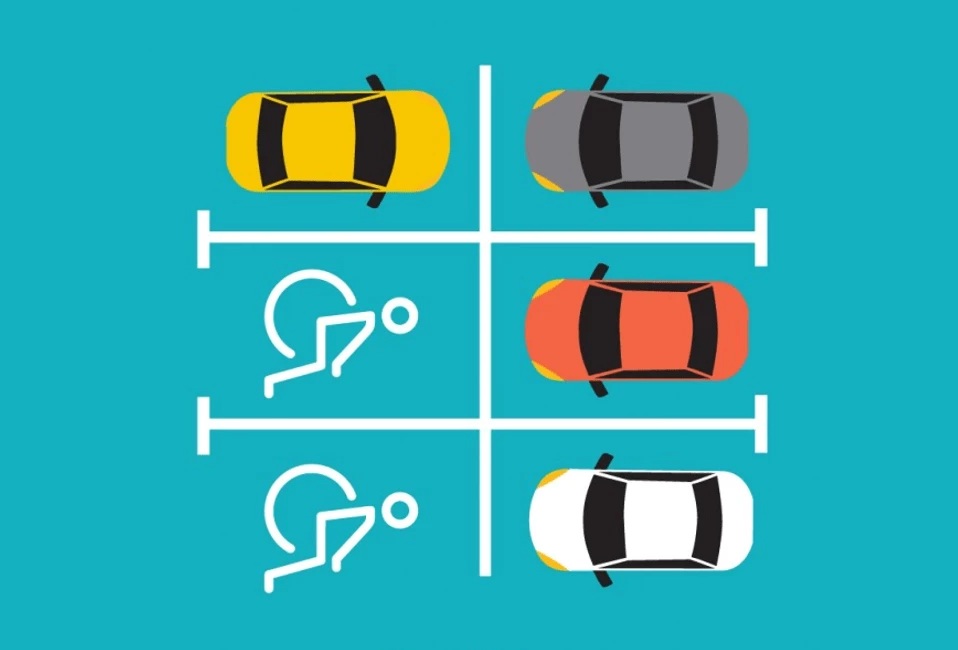Question
The Vietnamese language system has many types of sentences divided into exclamatory sentences, imperative sentences, declarative sentences, interrogative sentences... So what are interrogative sentences and how do they work in life and literary works? . Let's find out with EnglishTopVN in today's article.
1. Concepts
Question, also known simply as question, is a sentence used to ask. Interrogative sentences end with a question mark (?).
2. Classification
There are 3 types question main:
- Yes/No questions
- Questions have the word ask
- Multiple choice questions
|
Recipe |
For example | |
| Yes/No questions | Auxiliary Verb + Subject + Verb + (Object) |
|
| Questions have the word ask | Question word + Auxiliary verb + Subject + Verb + (Object) |
|
| Multiple choice questions | It is a Yes/No question, and has options connected by words or |
|
2.1. Yes/No questions
A "yes/no" question is a type of question that requires the listener to answer "yes" or "no" to form an interrogative sentence.
In this type of question, auxiliary verbs such as "tobe", "do'", did", "have", "has", "had" or modal verbs such as "will", "can", " may", "should", ... are reversed to the beginning of the sentence, before the subject. Specifically for each case as follows:
- TH1: For questions with the verb tobe
-
Can confirm: Tobe + S + O + ... ?
-
Negative form: Tobe + Not + S + O + ... ?
For example:
- Is this her book ?
- TH2: With questions containing regular verbs
Regardless of which tense the verb in the sentence is in, we move to an interrogative sentence as follows:
+ For simple present tense
When forming an interrogative sentence, we must add the auxiliary verb "do/does" before subject, verb in V-bare infinitive form
Recipe:
-
Affirmative: Do/does + S + V (bare) + …
-
Negative form: Do/does + not + S + V (bare) + …
For example:
- Does your brother go to work?
+ For simple past tense
When forming a question, we must add the auxiliary verb "did" before subject, verb in V-bare infinitive form.
Recipe:
- Affirmative: Did + S + V (bare) + …
- Negative form: Did +not + S + V (bare) + …
For example:
- Did you tell her that you arrived?
+ For simple future tense
When forming an interrogative sentence of the simple future tense, we must add the auxiliary verb "will" before the subject and verb in the V-bare infinitive form.
Recipe: Will + S + V (bare) + …
Will you get married next year?
+ For perfect tenses
When forming interrogative sentences with perfect tenses, we must add the auxiliary verb "have/has/had" before the subject and verb in the sentence in the form of V3/-ed
Formula: Affirmative: Have/ has/ had + S + V3/-ed Negative: Have/ has/ had + not + S + V3/-ed
For example:
- Have you finished your homework yet?
- TH3: With modal verbs
When forming an interrogative sentence with a modal verb, we must change the position of the modal verb to stand before the subject, the main verb remains unchanged.
Recipe:
- Confirm: Modal verbs (modal verbs) + S + V(bare) + O … ?
Can you speak English?
- Negative: Modal verbs (modal verbs) + not + S + V(bare) + O … ?
2.2. Questions have the word ask
Questions with question words are questions that begin with question words: What, Which, Who, Whom, Where, When, Why, How, Whose. These are questions to ask what, where, when, etc.
To turn a statement into a question with a question word, we do the following:
- Step 1: If we want to ask about something, we use the corresponding question word at the beginning of the sentence.
- Step 2: Perform "verb inversion" similar to Yes/No questions.
Example 1:
- Suppose we see a man.
-
In case we already know the name, we will say: This man is [man's name].
-
But since we don't know the name, we ask: Who is this man?
-
Explain:
-
Step 1: We want to ask "who" so we have to use the word question who and place it at the beginning of the sentence (instead of after the verb as in declarative sentences).
- Step 2: This sentence does is is a verb to be, so we reverse the position of is comes before the subject.
Example 2:
- Suppose we want to park the car.
- In case we know the parking location, we will say: I can park my car [in position...].
- But since we don't know where to park, we ask the question: Where can I park my car.
Explain:
- Step 1: We want to ask "where" so we have to use the word question where and place it at the beginning of the sentence (instead of after the object as in a declarative sentence).
- Step 2: This sentence does can park is a modal verb + main verb, so we change the modal verb can comes before the subject and changes the verb park in infinitive form is park.

Where can I park my car?
2.3. Multiple choice questions
Multiple choice questions is a question that offers a number of other options for the listener to choose from.
Multiple-choice questions have exactly the same structure as Yes/No questions, we just need to separate the options by words or (or/or).
For example:
-
Is this his book or your book?Does
-
She speak English or French?
-
Are you a doctor or a nurse?
-
Did they win or lose?
-
Have you been to Paris or London?

Does she speak English or French?

